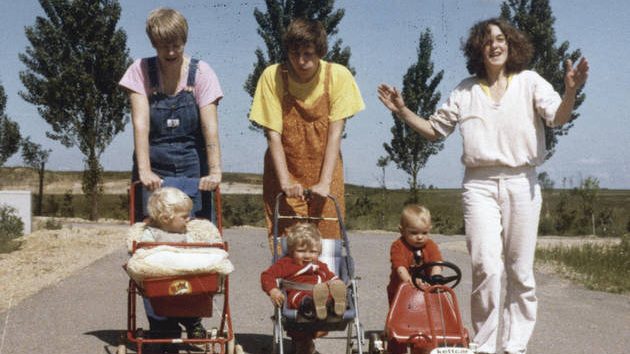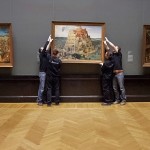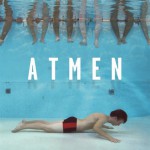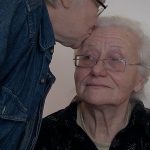By Sharon Calingasan
Director: Paul-Julien Robert
Paul-Julien Robert’s documentary is a very personal account of one man’s journey to answer limitless questions about his own being. The film documents Paul’s quest to track down and get to know his supposed father while also trying to fill an existential gaping hole by reminiscing about all of his regret that has been bottled up over the years.
The documentary is eye-opening in its presentation of detailed information and very descriptive footage of a commune in Austria called the Action Analytical Organization (AAO). The group is headed by Otto Muehr, an actionist, who, as it turns out, is using the members of the commune as willing subjects for art. This is, however, very contradictory to what the commune actually stands for. The film’s narration tells us that the collective focuses on communal property, communal childcare and free sexuality. These things make the commune highly controversial to the outside world due to the fact that its aim is to eradicate the nuclear family.
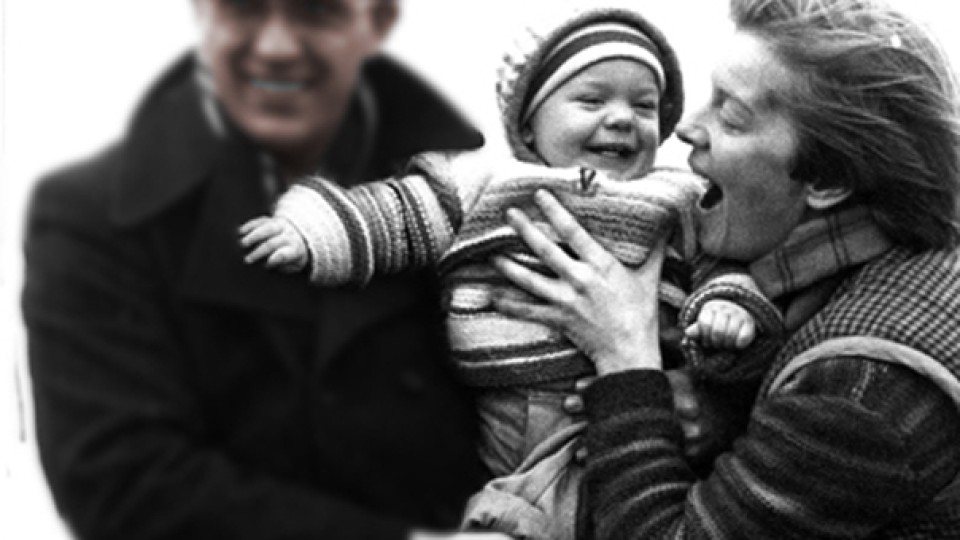
The documentary is Paul’s in-depth and very detailed account of the AAO commune and his experiences while he was in the commune, growing up as a child and left in the care of other surrogate mothers while his mother Flo went out to earn money for the commune. The film clearly implies that the first -hand experience has made him realize a lot of things, including the realisation that the conformist way with which Otto handles the commune has done him more harm than good. Also, the film does justice in presenting the vantage point of Paul while at the same time collecting insights and recollections of other former members of the commune, especially his mother and the men who are his possible fathers.
Out of three men that Paul’s mother says could be his father, Paul visits Theo, the man that was recognized as his legal father when he married Paul’s mother in the commune as a formality. The second potential father, Christian, tragically committed suicide by stabbing himself in the commune. An encounter with another potential father, Egon, is spontaneous and makes for heartwarming viewing.
Conversations between Paul and some of the people that also grew up in the commune reveal deep wounds and insights into their experiences and struggles. While Paul admits that living in the commune evoked happy memories, there was also a great emphasis on how he struggled when he finally joined real society. The impact of conforming for so long took its toll on him, particularly on his decision-making abilities. This experience resonates with Luzi, who was labeled as a deviant. While Paul had a somewhat positive experience, Luzi had it tough. He was constantly humiliated by Otto and the gripping footage speaks for itself. Zoe also felt a sense of betrayal but proceeds to tell Paul that she doesn’t blame Otto as she believes that “power is created when it is freely given”. She argues that the entire commune is responsible for the power that Otto wielded upon them. Viewers come to understand the extent of the indoctrination and conformation.
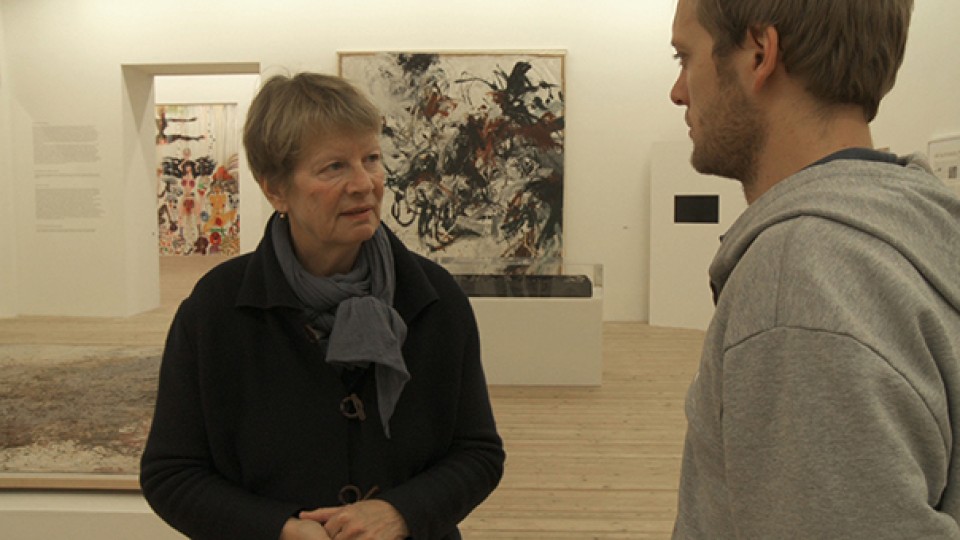
Some very strong statements of the manifesto include “living as a couple contradicts the sexual needs of the human body” and “people living as couples are responsible for war, torture, pollution”. From these statements alone, the viewers get an idea of the very radical views towards traditional relationships and family. In light of this, was the collapse of Otto’s family (he admitted earlier on that he got a divorce) a result of very deep and personal anger towards being a couple and having a family? Did he use the power accorded to him by the commune as a way of releasing this anger and resentment upon members of the commune?
In conclusion, this documentary succeeds in presenting a very detailed and in-depth account of Paul’s journey to go back, study and even deconstruct the whole idea behind the AAO collective. Coupled with very powerful images and footage that document the commune’s daily affairs, viewers are presented with a utopic kind of world where everyone seems to have a good time, performing songs and dances and regularly creating paintings as the chief of the commune sees fit. However, the viewers are also shown the dark truth behind the entire concept, particularly the emotional struggles of the children that were born there. Most importantly, one can feel the reawakened torments and emotions of Paul and his peers that grew up in the commune, as well the conflicting emotions of his mother, who at certain times of the film can’t hold back her tears as she sits inside a theater watching the footage of commune life. It must have been very difficult to be confronted with those haunting images and to acknowledge how her decision to join the commune meant giving up the chance to experience a “˜normal’ nuclear family set-up for her and her son.
Watch My Fathers, My Mother and Me on FilmDoo.

